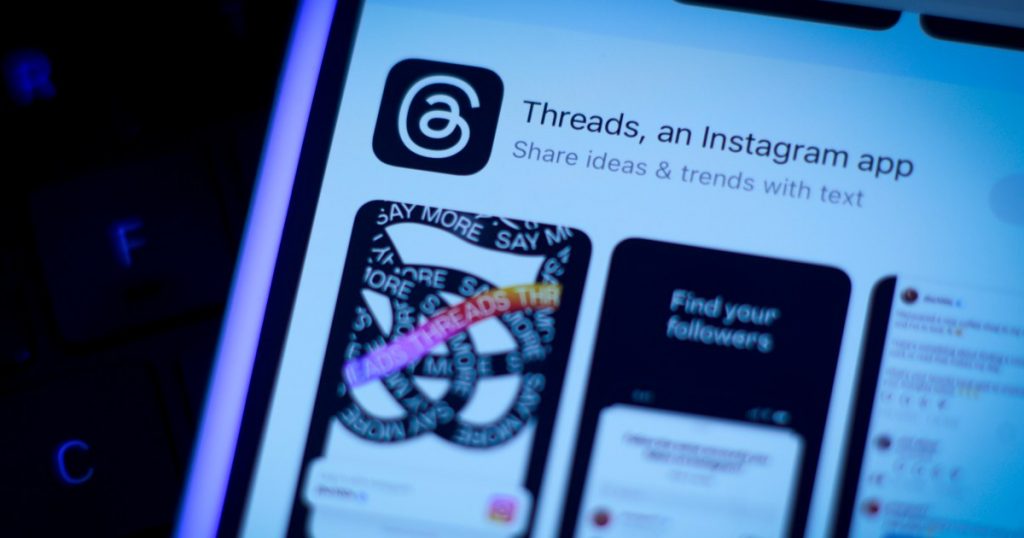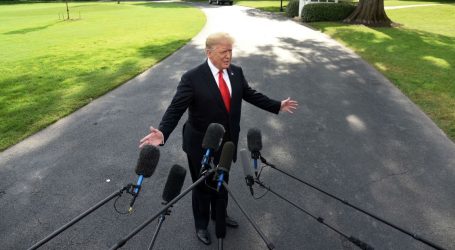Meta Wants to Make it Harder to See Political Content On Threads. What Does that Even Mean?
AP/Jaap Arriens
Fight disinformation: Sign up for the free Mother Jones Daily newsletter and follow the news that matters.Earlier this week, Meta decided to create the grandest of Gordian knots for itself when Adam Mosseri, its executive in charge of Instagram and Threads, announced that the company doesn’t want Threads to “proactively amplify political content from accounts you don’t follow”—in effect, announcing the company hopes to limit how “political” content is spread and shared.
Given the boundless and ill-defined nature of politics, his plan seems nearly impossible to implement. Mosseri did not say the plan was to tone down “content involving electoral politics,” or even something as vague as “turning the volume down on toxic politics.” He referred only to leashing the vast but vague category of “political content.”
Billionaire Mark Cuban did ask Mosseri on threads what Meta means when it says “political content.” But Mosseri never replied. When CNN’s Oliver Darcy pressed the company, he received a written reply: “Informed by research, our definition of political content is content likely to be about topics related to government or elections; for example, posts about laws, elections, or social topics,” with the caveat that “global issues are complex and dynamic, which means this definition will evolve.”
In effect, Mosseri was asking users of Threads to stick to dumb posts—nothing that would, actually, have to be moderated. It reminded me of the edict at the old Deadspin to “stick to sports.” Jim Spanfeller, the CEO of the blog’s new parent company, demanded that of staff, telling them to not write about politics. Apart from bad business, it quickly didn’t make any sense. Sure, you can write a story about Tiger Woods without contextualizing what it means for a Black man to dominate the whitest sport, but it would be stupid. And the only way to avoid politics in writing about the scandal that ensued when the then-Houston Rockets general manager Daryl Morey tweeted in support of the Hong Kong protests would be not to write about it at all.
The cynical read is that politics being ill-defined is the point. Anything annoying for them to deal with, that could even tenuously be described as “political,” can be contained by limiting its algorithmic boost.
But we all know how quickly that paradigm will fall. It has been said so much that it’s almost trite to note, but opting out of politics altogether is not, really, possible.
What a tech platform says is, for example, politics. Did Mosseri make sure to not “proactively amplify” his own post? And, for many on the right, the existence of queer people teaching kids amounts to politics. Something as simple as existing as a person who is homeless, poor, a woman, transgender, queer, Black, Asian, or working class can be dubbed “political content.”
The even more cynical read is that Meta is trying, metaphorically speaking, to preemptively kill a digital Oedipus by preventing, Threads, the app it spawned, from being weaponized against it. If we can just keep politics off here, we won’t have all those politics to deal with—like our company’s CEO being humiliated by a right-wing Congressman.





